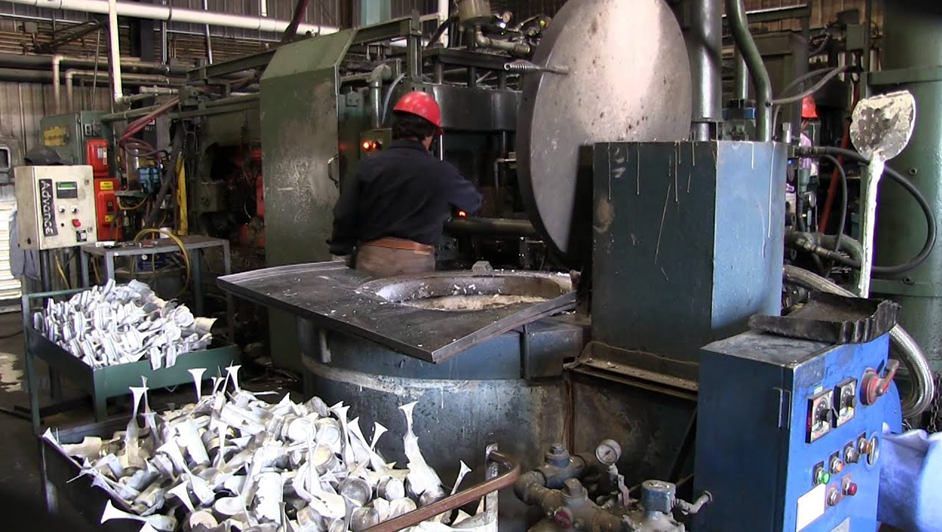Introduction
Innovation is an essential component of progress and growth in any industry. It fuels creativity, drives research and development, and ultimately leads to the creation of groundbreaking products and services. However, the road from an idea to a market-ready product can be long and challenging. This is where prototype manufacturing plays a crucial role. In this article, we will explore the significance of prototype manufacturing in taking innovation to the next level.
What is Prototype Manufacturing?
Prototype manufacturing is the process of creating a working model or prototype of a product to test its functionality, design, and performance. It involves transforming an idea or concept into a tangible product that can be evaluated and refined before mass production. Prototypes can be made using a variety of materials, including plastic, metal, wood, or a combination of these.
Importance of Prototype Manufacturing
1. Testing and Refinement: Prototypes allow inventors and designers to test their ideas in a practical and realistic manner. By creating a physical model, they can identify any flaws or potential issues that may arise during production or everyday use. This allows for necessary refinements and improvements, ensuring that the final product meets the desired specifications and performance standards.
2. Cost Savings: Developing a prototype before moving into mass production can save significant amounts of money. By identifying and addressing potential design flaws early on, companies can avoid costly mistakes and rework later. Prototypes also enable manufacturers to estimate production costs accurately, minimizing the risk of budget overruns.
3. Investor Confidence: Investors are more likely to support and invest in projects that have a tangible prototype. Seeing a physical representation of the product helps them understand the concept better and visualize its potential. This increases their confidence in the project\’s viability and increases the chances of securing the necessary funding for further development and production.
4. Market Testing: Prototypes can be presented to potential customers, allowing companies to gather valuable feedback and insights. This feedback can help in refining the product\’s features, identifying target markets, and creating effective marketing strategies. By involving the target audience early on, companies can ensure that the final product meets their needs and preferences, increasing its chance of success in the market.
5. Streamlining Production: Prototypes enable manufacturers to streamline their production process by identifying potential bottlenecks, determining optimal manufacturing methods, and selecting the most suitable materials. This ensures that the final product can be produced efficiently and cost-effectively, resulting in higher profit margins.
Challenges in Prototype Manufacturing
While prototype manufacturing offers numerous benefits, it also comes with its fair share of challenges. Some of the common challenges include:
1. Time Constraints: Developing a prototype can be a time-consuming process, especially if multiple iterations and refinements are required. This can delay the overall product development timeline, affecting time-to-market and potentially giving competitors an advantage.

2. Cost: While prototyping can save costs in the long run, the initial investment in creating a prototype can be significant. The cost of materials, machinery, and expert labor can add up quickly, especially for complex or intricate designs.
3. Availability of Skilled Labor: Creating high-quality prototypes requires skilled professionals with expertise in various manufacturing techniques and materials. However, finding and retaining such talent can be a challenge, especially in highly specialized industries.
Conclusion
Prototype manufacturing plays a vital role in taking innovation to the next level. By allowing inventors and designers to test and refine their ideas, prototypes pave the way for successful product development and market entry. They provide valuable insights, save costs, attract investors, and streamline production processes. Despite the challenges associated with prototype manufacturing, its benefits far outweigh the drawbacks. Therefore, investing time, effort, and resources in creating prototypes is essential for companies looking to stay ahead in today\’s rapidly evolving market.
-

- Bahagian & komponen die-casted OEM
-

- Bahagian&komponen die-casting aloi magnesium untuk e-basikal
-

- OEM Die casting manufacturer produce magnesium alloy wheel for kids push bike
-

- Thixomolding magnesium parts & components mobile phone middle board
-

- Bahagian logam thixomolding aloi mangansium die-casting
-

- Borong Magnesium Alloy Baby Cycle Untuk 3 Hingga 5 Tahun Kitaran Kanak-Kanak 12 Inci OEM Murah

 0086-750-5616188
0086-750-5616188 +86 13392089688
+86 13392089688 sales@zhongmei-tech.com
sales@zhongmei-tech.com

.jpg)





